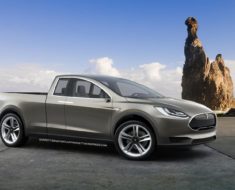All iPhones and most Android smartphones use lithium-ion (Li-Io) batteries. However, researchers at RMIT University in Melbourne, Australia have created a new proton battery that could potentially replace the market’s existing Li-Io batteries.
As reported by TechSpot, the new proton battery contains a mixture of carbon and water rather than lithium. Once the battery’s charge has been depleted, it can be easily recharged using a standard outlet adapter. The proton battery recharges by splitting water molecules to create protons, after which the protons travel through a permeable membrane to bond with the carbon molecules.
The proton battery offers several potential advantages over existing Li-Io batteries, one of which is a reduced risk of fire or explosion. According to the Consumerist, more than a dozen Li-Io batteries exploded on airplanes in 2017. It’s become such a concern that the Federal Aviation Administration (FAA) has released guidelines for carrying Li-Po batteries aboard commercial aircraft. Proton batteries, while not immune to fire or explosion, have a lower risk of failure because of their unique design.
Researchers behind the project also say their proton battery is more energy-efficient than traditional Li-Io batteries. Li-Io batteries contain hydrogen gas, which reduces their efficiency. Since the proton battery doesn’t contain hydrogen gas, it could offer longer use than its Li-Io counterpart.
Finally, the proton battery offers potential cost-savings benefits to companies and consumers alike. Lithium is a relatively rate metal found in the Earth’s crust. This scarcity increases the production cost of Li-Io batteries and products powered by them. The team’s proton battery, however, contains common elements like water and carbon, which are available just about everywhere.
So, when can you expect to see the new proton battery available for sale? Project leader Professor John Andrews says the battery could be ready to sell within the next decade.
Dil Bole Oberoi





